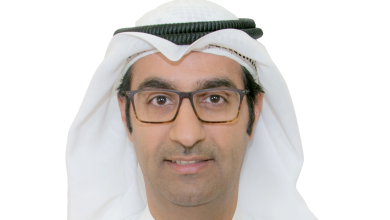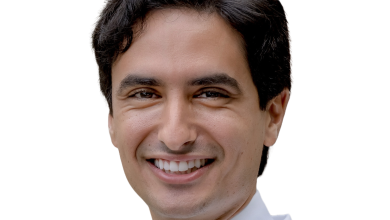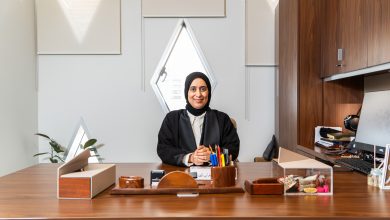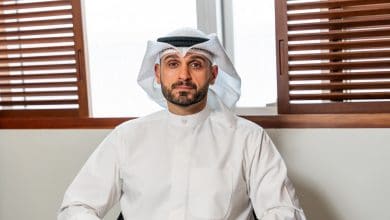Meshari Al-Mousa
Rekindles Arabic Rhetoric with his Research on its Modern Applications
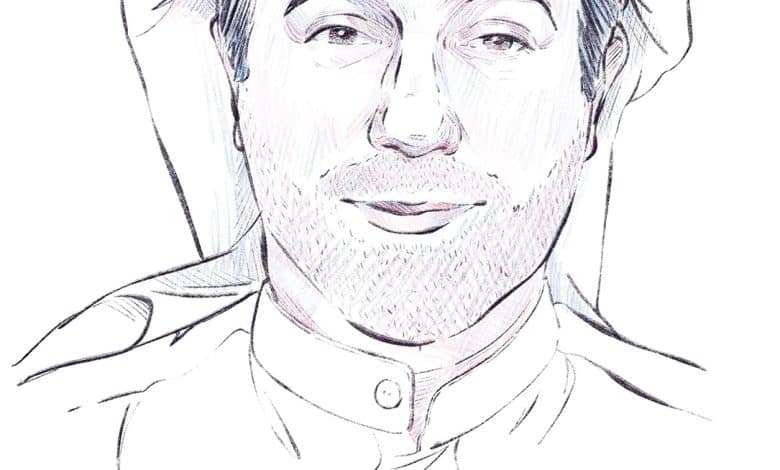
يأخذ Meshari Al-Mousa على عاتقه مهمة تبسيط فهم البلاغة العربية والأدوات اللغوية بما يتجاوز حدود الأدب الكلاسيكي. ومساهماته البحثية هي دليل على التزامه بتسليط الضوء على التطبيقات الحالية ذات الصلة والعملية لهذا المجال. ويكتسب هذا قـيـمـة خـاصـة في ضوء جـهـوده الـرامـية إلى تـحفيز طلبته على دراسة موضوع يساء فهمه على نطاق واسع.
Al-Mousa received his doctorate from the United States at the University of Indiana’s leading Middle Eastern Studies and Arabic Rhetoric program. During his time there, most of his research was focused on classical Arabic literature. As a doctoral candidate, he submitted two research papers to the world-renowned Middle East Studies Association conference.Yet, Al-Mousa credits his time there for the broadening of his interests, “Perhaps my studies at Indiana University unveiled a new horizons for me by learning about rhetoric from another perspective, such as the rhetoric of communication, which includes all kinds of linguistic messages,” said Al-Mousa.
His passion for Arabic Rhetoric and teaching, led him to be more creative in pursuit of modern and alternative applications. As an avid researcher, he has authored numerous research papers and books investigating the applications of Modern Rhetoric. He explains that “modern rhetoric is not limited to the study of the literature of poets and writers, but extends to the study of commercials, political speeches, social media posts, and every text aimed at influencing the recipient.”
Alongside his research efforts, Al-Mousa has also been devoted to his role as an educator. Now serving as professor in the Arabic Language department at Kuwait University, he is fulfilling his life-long passion to teach something he has been engrossed in from a very young age.
“My passion for this field began when I was 14 and read a poem by the poet Al-Shafi’i,” he said. “I was very captivated by it and went to the bookstore and bought his diwan.” While he finds immense joy in teaching, Al-Mousa admits it can be challenging to maintain his students’ interest as they “often know little about rhetoric except for the old classical idea that rhetoric is the study of similes, metaphors, and other rhetorical devices.” He argues that there is value in surpassing the classical literary definition of rhetoric for the benefit of closely studying the ways in which language plays a central role in widespread influence strategies.
While the field of Modern Rhetoric is relatively new and not fully defined, Al-Mousa’s resume, complete with a long list of accomplishments, reflects its multifaceted potential. “Classical Rhetoric is the eloquence of the prose and poetry, and it was pioneered by ancient poet Al-sakkaki, it is a largely rigid rhetoric,” said Al-Mousa. Alternatively, the modern field concerns itself with the analysis of text, speech, images, and film.
Additionally, it proposes that an understanding of linguistic devices can assist in creating and delivering persuasive messages, as well as developing a better awareness; as consumers of the influences we are exposed to daily. “Modern rhetoric is not limited to poetic text, but extends to include all types of text,” he said. “I would not be exaggerating if I said that rhetoric is capable of studying all kinds of texts.” This makes Modern Rhetoric incredibly integral to the fields of advertisements, politics, popular culture, speech writing, and more. This potential caused Al-Mousa to dedicate himself to the exploration and education of all the valuable applications of rhetorical strategies.
Al-Mousa’s study of the everyday applications of Modern Rhetoric, and its influence on recipients, facilitates his role as a teacher. “I appeal to [the students] in eloquence by relating the lessons to our lived reality,” he said. “I give them many examples taken from our daily lives such as advertisements or political speeches, and we try to discuss those examples together in the classroom.” Al-Mousa provides the interesting example of one of his published research papers titled, “Arguments and Representations in the Digital Discourse of the Saudi Ministry of Health in the Face of the Spread of the Covid-19 Pandemic,” which was aimed at monitoring the rhetorical strategies utilized by the official spokesperson to “convince people to abandon societal habits and social expressions such as handshaking.”
For his inspired contributions to the field of Modern Arabic Rhetoric, Al-Mousa has earned the Jaber Al-Ahmad Prize for Young Researchers in the field of Social Sciences and Humanities. He has dreamt of winning the award since he was a child, “I was always excited to read the announcement of the winners of this award, and I aspired to be among them one day.” He expressed his gratitude to the Kuwait Foundation for the Advancement of Sciences (KFAS) for awarding him one the highest honors a researcher hopes to receive in the State of Kuwait.
Soon, Al-Mousa will start working on a new study on “rhetoric of audience, a modern scientific field of rhetoric,” continuing his endeavor to expand and broaden the scope of this field.
By Lulwa Alaftan

